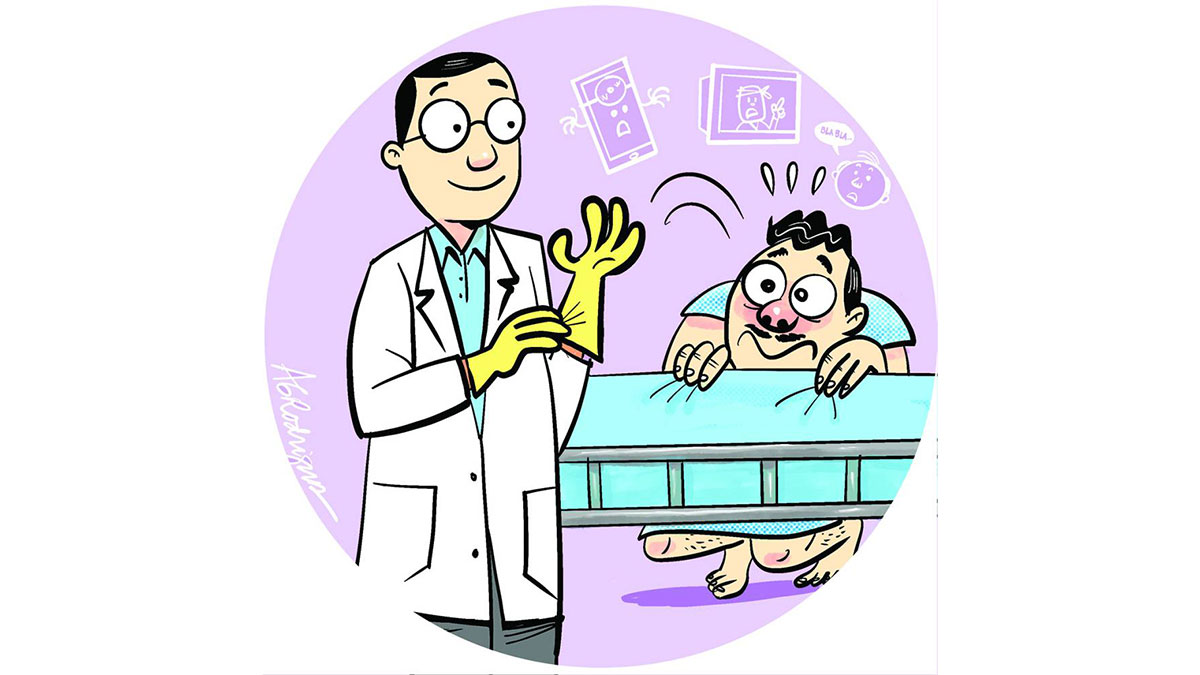
Treatments for cancer continue to be developed to bring costs down and lessen the risks on human life.
A treatment in development using genetically engineered cells recently got a unanimous thumbs up from a Food and Drug Administration (FDA) advisory committee in the United States and recommended that it be given the stamp of approval by the FDA itself, according to a report on The New York Times.
Scientists call the treatment a “living drug” because it requires taking T-cells from the patient’s body, modifying them using a disabled form of H.I.V. to fight cancer, and then putting them back in to boost the immune system in fighting cancer cells.
The treatment is said to be different for each patient because it uses their own T-cells. So far, a single dose of the genetically modified cells have resulted into long remissions and even possible cures for patients who have already tried other treatments and failed.
The FDA advisory committee recommended that the treatment be approved for B-cell acute lymphoblastic leukemia, the report said. This type of cancer has resisted current treatments or relapsed in children and young adults between the ages of 3 and 25.
This genetic treatment, also known as “biologics” for its use of live cells, was developed by researchers from the University of Pennsylvania, then licensed to pharmaceutical company Novartis which currently handles the processing of retrieved cells from cancer patients.
While the lifesaving potential of this new treatment was not questioned, the advisory committee did discuss possible side effects and difficulties. One such difficulty is the length of time needed to process the T-cells. Four months is sometimes needed to genetically engineer millions of a patient’s T-cells and in some cases, patients passed away while waiting for the treatment. Novartis reported that they were able to bring down the turnaround time to 22 days.
Patients undergoing treatment will also need regular infusions of immune globulins to protect them from infection until the genetically modified T-cells have done their job, the report further stated.
Even so, Michael Werner, a lawyer and expert on gene and cell technologies and regulation, and a partner at Holland and Knight in Washington, is optimistic about the future of T-cell treatments. He said, “The fact that it can be done means more people will go into the field and more companies will start developing these products.” Alfred Bayle/JB













































